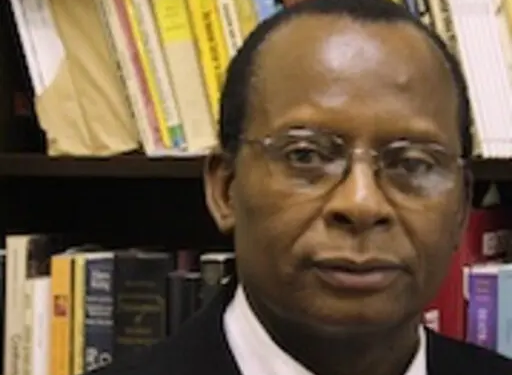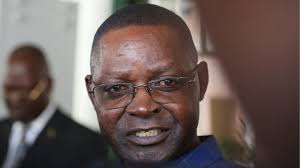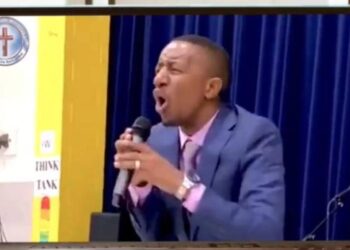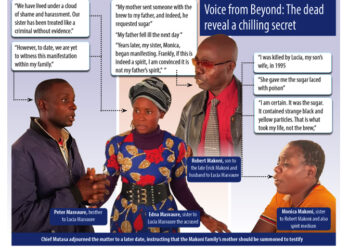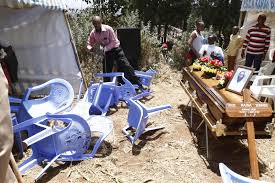The United Methodist Church (UMC), Reverend Gwinyai Muzorewa, a former dean and district superintendent, has reached out to the current bishop of the UMC Zimbabwe Episcopal Area, Eben Nhiwatiwa.
Muzorewa is requesting a special conference session that would allow church members in Zimbabwe to have a democratic dialogue about the church’s stance on homos3xuality in light of new global policy changes.
The backdrop of this call stems from the UMC’s 2024 general conference, which voted to embrace homos3xuality as an accepted practice within the church, a change set to take effect on May 3 of that year.
This decision has proven to be a contentious issue within the church, particularly due to the existing Paragraph 2553 of the United Methodist Book of Discipline, which states that “homos3xuality is in conflict with Christian teachings.” This paragraph has created a stark divide among congregations, reflecting differing beliefs and cultural values across the globe.
In a letter dated October 21, Muzorewa expressed his concern that African UMC churches did not have a platform to voice their opinions on this sensitive matter.
He characterized the acceptance of homos3xuality as a imposition from the Western church, equating it to “cultural and sp!r1tual g3nocide” across Africa. He urged African leaders to reflect on their identity, emphasizing that “colonialism is a thing of the past—now is the time to honor our right to choose practices that align with both scripture and our African heritage.”
Muzorewa spoke directly to Bishop Nhiwatiwa, advising him that as the leader of the African College of Bishops, he should strive for a legacy that does not associate him with the introduction of homos3xuality into Zimbabwe. He noted, “This call for a special conference is an opportunity to address the communiqué issued by the College of Bishops in Africa on September 5, 2024.”
ALSO READ; Methodist Church delays leadership vote amid homos3xuality rift
He believed that gathering in a special conference would provide a platform for Zimbabwe’s annual conferences to engage in meaningful discussions about their future concerning the issue of homos3xuality, similar to how their counterparts in the United States have had the chance to express their views. “If the UMC’s annual conferences in the USA can weigh in on their preferences regarding homos3xuality, surely the two annual conferences in Zimbabwe should have that same opportunity,” he stated.
Muzorewa reminded the bishop that both conferences had demonstrated their respect for his leadership on October 12 and 19, and he pushed back against the idea of undermining this respect by enforcing a Western agenda. “Why tarnish your legacy? Allowing the Zimbabwean Christians the right to make their own decisions and exercise their conscience will not only honor their beliefs but will also help you leave a lasting legacy.”
He also ensured that his letter was distributed to key figures in the church, including the chairs of the Zimbabwe Episcopal Area, lay leaders, boom chairs, and the central conference president, Bishop Daniel Wandabula.
In addition to his role in the church, Muzorewa is also involved in politics as the leader of the United African National Congress, an opposition party that participated in the recent 2023 general elections. His multifaceted influence in both church and politics illustrates the intersection of faith and societal values, making his call for a conference not just a matter of religious policy, but also a reflection of broader cultural dialogues within Zimbabwe.
